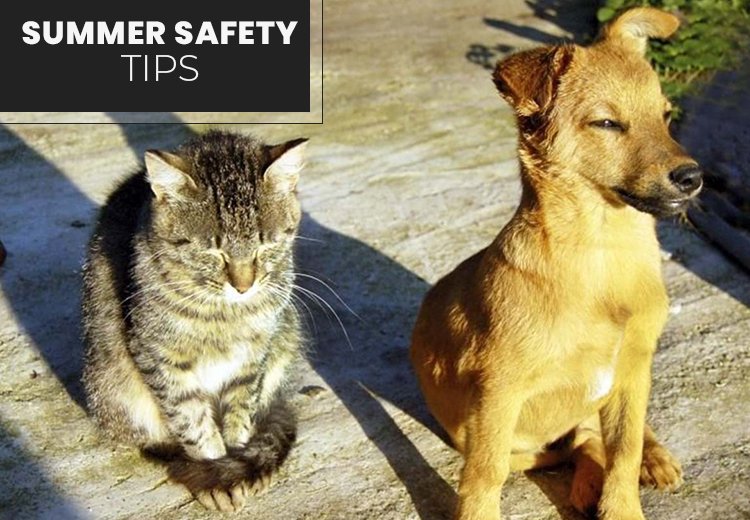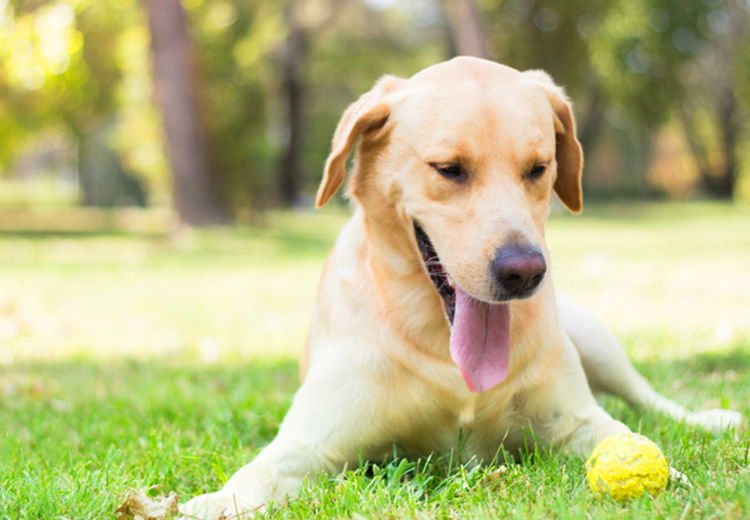1. FLEAS
This time of year, with temperatures and humidity rising, flea numbers are at their all time high. If you do not already have a year-round flea management programme in place, now is the time to start one! You should be treating your pets with a flea product that rapidly kills any adult fleas on the pet (only 5% of the entire flea population) and a product that kills the the flea eggs and immature stages of the flea in the pet’s surroundings (the remaining 95% of the entire flea population). Many products contain ingredients which kill all stages of the flea cycle, so check the product label information to ensure you have covered all bases. And don’t forget to vacuum and wash your pets’ bedding regularly, to help break the flea cycle!!
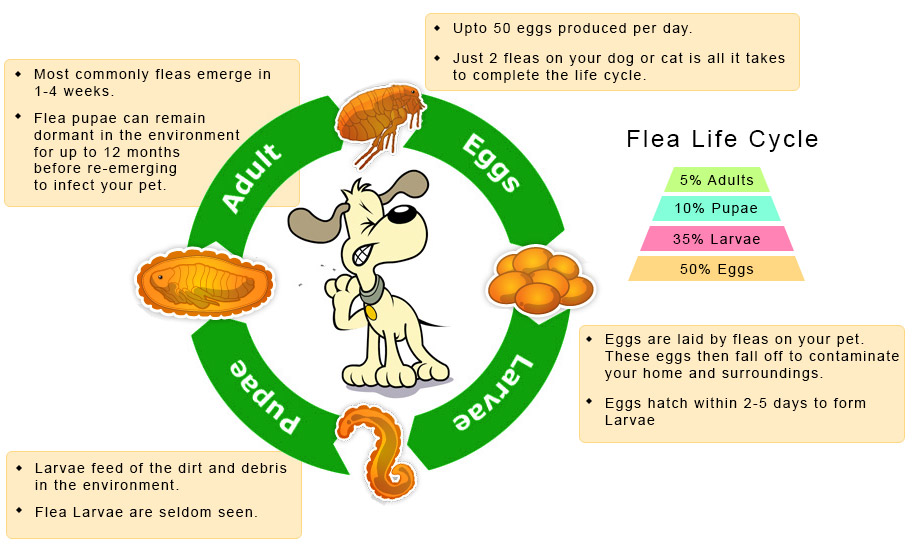
2. TICKS
The tick season is well underway, and many pet owners are duly prepared to combat the deadly paralysis tick. The paralysis tick is prevalent right down the east coast of Australia, but can pop up in inland pockets, since native mammals act as the main hosts for these dreaded parasites. Any pets with access to bushland (or visiting native mammals in their yard), bush tracks and bushy beach areas should be using a tick control product; these are available as oral chews, spot-ons, sprays / rinses and tick collars. All owners should keep a tick-remover with them for removing any ticks they may find on the pet.
Pets should be checked for ticks every day, as no product can guarantee 100% protection. If you find a tick or if your pet shows any weakness, wobbliness, low exercise tolerance, or other unusual behaviour, contact your vet immediately for advice. Owners taking their pets to the coast for holidays should start their pets on the tick control product at least two weeks before leaving home, to ensure the product is working at an effective level. Hundreds of pets are treated for tick paralysis each year - many do not survive...prevention is better than cure!!
3. HEARTWORM
Heartworms are spread between pets by mosquitoes as they feed on blood, so summertime is a particularly high-risk period for new heartworm infections. Dogs are more at risk from heartworm disease than cats. All dogs should be on a monthly heartworm-worm preventative product year-round, or receive the annual heartworm injection from their vet. There are many types of monthly preventative products, including a variety of oral chews, and spot-ons - many of which also control other parasites such as fleas, ticks and worms. You should talk to your vet before starting on a heartworm preventative, as your pet may require a heartworm test.
4. SNAKES
Australia has the highest number of top-10 most deadly snakes in the world, with tiger and brown snakes in the top three! Others such as the red-bellied black and copper-head are also very dangerous to pets. If you live close to bushland, keep your grass short and do not leave piles of garden material, wood, tin etc around your yard, as these act as ideal, cool shelters for snakes. Be warned that the compost bin is another possible hide-out for snakes!! If walking dogs on bushy tracks, keep them on a short lead and never allow them to explore off the track. If you see a snake near your pet, or you have any reason to suspect your pet may have been bitten by a snake, keep the pet as calm as possible and seek emergency vet advice immediately. Many dogs die each year from snakebite!
5. KEEPING PETS COOL AND HYDRATED
Summer is a great time to be out and about with your dog, and cats LOVE finding a spot in the sun to while away the hours. However, pet owners must ensure their pets do not become overheated and dehydrated, as this can be life-threatening! Ensure pets have access to a good supply of fresh drinking water, which is kept in a shaded area. On hot days, leave an extra bowl or bucket of water out when you are away from home. Many dogs may enjoy a gentle hose-down or a play under the sprinkler on hot days!! When walking or running with your dog, take extra water and a collapsible water bowl for your dog. Also, keep in mind that one dog year is equivalent to 6-8 human years, so be aware of the stamina, heart and joint condition of dogs over five years of age; you may have a burning desire to complete a marathon soon, but don’t subject your dog to excessive exercise which their body may no longer be able to cope with!
6. GRASS AND PLANT ALLERGIES
Many garden plants are toxic to pets - especially berries and seeds, and you should never allow your pet to chew any indoor or outdoor plant material other than the odd blade of grass. Garden areas may have to be fenced off from pets, especially puppies. Many pets will develop contact allergies to plants including grasses, so if your dog scratches madly after rolling in the grass and develops a very red tummy, you should minimise the time he spends in contact with the grass. Perhaps one of the nastiest plant allergens for pets is Wandering jew also known as the Spiderworts(Tradescantia sp), a very common and fast-spreading ground cover plant. This plant comes in many varieties and appearances, but the most common ones I know are shown below.
This plant can rapidly cause a severe contact allergy, typically along the tummy, groin and armpit, face and ears. The allergy can appear as severe redness of the skin, or as pimples and open sores. Dogs will scratch at the area, causing a skin infection, usually requiring a visit to the vet for some antibiotics and anti-inflammatories. You should remove all Wandering jew( a constant battle, as it spreads relentlessly) or prevent your dog accessing the area.
7. AT THE BEACH - SHARKS, CROCS, OYSTERS AND BONES
Many dogs love a trip to the beach, the river or the bay. But owners must be aware of common hazards that can lead to a disastrous day out! Top of the list would be a shark or crocodile attack on your dog. Dogs are a good target for both predators, so make sure you do not allow your dog to swim anywhere where sharks or crocs frequent. Shark attacks are common at dusk, so don’t let your dog swim out long distances to fetch balls when at the beach, especially late in the day. In a less dangerous category would be cuts to the foot pads from oyster shells: cuts to the feet bleed a lot, and healing can take many weeks, so keep your dog on the leash so he can’t access rocks covered in sharp shells. Owners must also prevent their dogs eating fish remains, as this poses the risk of a tummy full of sharp bones, ingestion of fishing hooks, and a bout of gastroenteritis from rotting fish!
8. TRAVEL
Owners are loath to leave their pets in kennels if there is any way they can avoid it! And with more and more accommodation venues spouting the “pets welcome” motto, Fido may be tripping around Australia with the family during the holiday season! By law, all pets travelling by car must be securely restrained using a snug-fitting car harness, and cats in a cat carry-cage. This avoids injury to the pet and a car accident caused by a driver distracted by a fidgety pet!
Never leave pets alone in the car, as the temperature in a car can sky-rocket in just a few minutes. Make sure you take frequent stops for your pet to get some fresh air, have a drink, and go to the toilet - all of which can help stave off a bout of travel sickness. If you pet does not travel well, plan a visit to your vet well before holiday time to discuss the options for managing travel sickness. If travelling to a tick area, start your pet on a tick-control product several weeks before travelling. Check the details for the vet clinics in the towns where you will be holidaying, including vet emergency services available in the local area.
9. TREATS AND BONES
Holiday time means lots of great food and cheer - especially at Christmas. But if you like to treat your pet to snacks of turkey, ham and chocolate, it might be to to reconsider this!! Many dogs and cats will develop gastroenteritis when more than a small quantity of unfamiliar food is given to them. Even worse, many dogs are prone to pancreatitis when they eat a fatty meal such as a bowl of ham or turkey scraps. Don’t feed pets cooked bones, as these can splinter and damage the intestine. And don’t forget, chocolate is toxic to both dogs and cats! So do your pets a favour, and maintain their regular diet through the silly season. If you feel the need to give a treat, limit it to small quantities of lean meat and a few commercial pet treats !
10. FIRE WORKS
With the festive season comes many pets’ and owners’ worst nightmare…..the dreaded fireworks!! MANY pets suffer from loud-noise phobias - from fireworks, thunder, construction work etc. The Australian Veterinary Association has provided a newsletter to help educate owners about this medical condition.
There are a number of tools and strategies owners can use to help keep their pet calm during loud-noise episodes. Some examples include the use of Thundershirts, calming products such as DAP collars for dogs and Feliway diffusers and spray for cats, providing dark hideaways for the pet to shelter in, providing toys, and playing music or running the TV / washing machine to help block out the noise. Try to minimise the time your pet has to spend alone when the noise events are expected - ask friends if pets can visit or play with their doggy-friends. But at the end of the day, many pets are best given some anti-anxiety medication supplied by your vet; for many pets with noise-phobia, this is actually the kindest option to help alleviate their distress when a loud-noise episode is expected.










































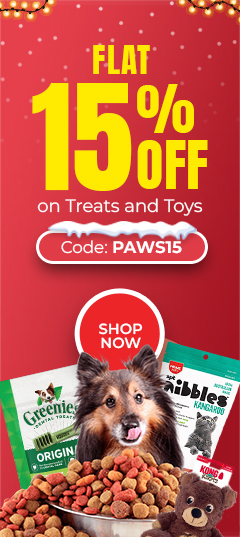

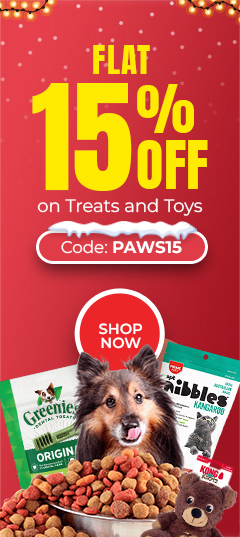
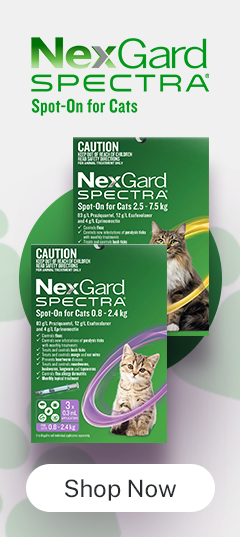












_11132025_205157.png)



